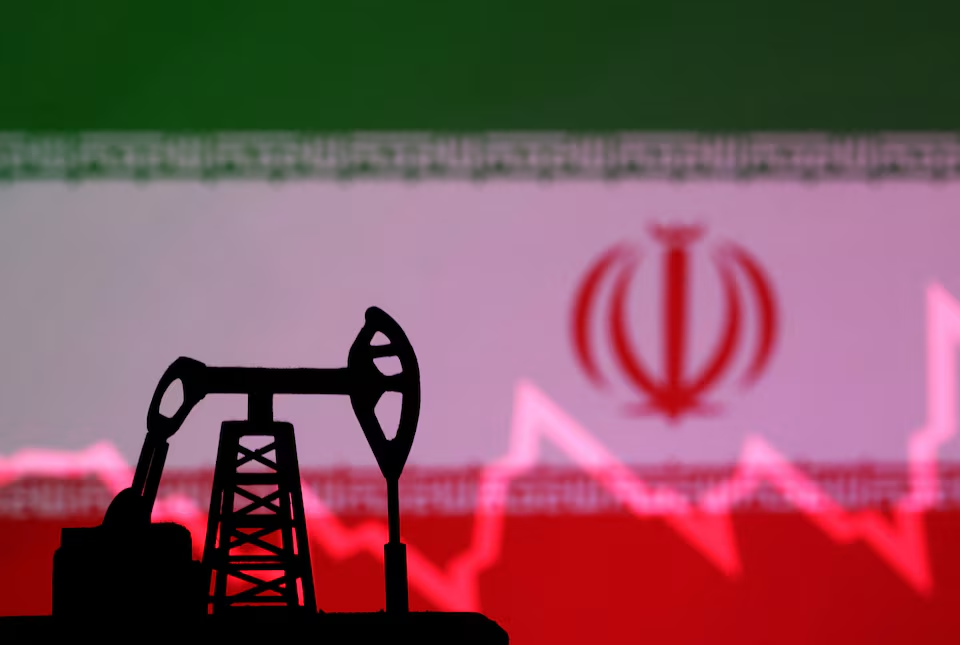Poland is poised for a pivotal presidential runoff election on Sunday, June 1, 2025, that will determine the country’s political trajectory amid heightened regional tensions and internal divisions. The contest features two candidates with starkly contrasting visions: Rafał Trzaskowski, the liberal, pro-European mayor of Warsaw, and Karol Nawrocki, a conservative historian backed by the Law and Justice (PiS) party and endorsed by former U.S. President Donald Trump.
The election comes at a time when Poland is grappling with the repercussions of Russia’s ongoing war in Ukraine, debates over democratic standards, and its role within the European Union. The outcome will significantly impact Prime Minister Donald Tusk’s centrist government’s ability to implement reforms, as the president holds veto power over legislation.
Trzaskowski advocates for deeper EU integration, judicial reforms, and the protection of women’s and minority rights. He supports Ukraine’s future NATO membership and emphasizes the importance of maintaining strong ties with Brussels. In contrast, Nawrocki emphasizes traditional Polish values, Christian identity, and skepticism toward EU influence. He has pledged to oppose Ukraine’s NATO accession and has expressed a preference for strengthening relations with the United States over the EU.
The campaign has been marked by intense polarization, with both candidates courting voters from the first round, where Trzaskowski secured 31.4% and Nawrocki 29.5% of the vote. Notably, far-right candidate Sławomir Mentzen, who garnered 14.8%, has become a potential kingmaker. Nawrocki signed Mentzen’s “Toruń Declaration,” an eight-point manifesto opposing the EU’s Green Deal, new taxes, and Ukraine’s NATO membership, among other points. Trzaskowski, while not signing the declaration, agreed with some of its points to appeal to Mentzen’s supporters.
The election has also seen international involvement, with CPAC holding its first meeting in Poland and endorsing Nawrocki. U.S. Homeland Security Secretary Kristi Noem and CPAC Chairman Matt Schlapp emphasized the importance of conservative leadership in Poland, aligning with Trump’s endorsement of Nawrocki.
Both candidates have faced challenges during the campaign. Trzaskowski has been criticized for moderating his liberal positions to attract a broader electorate, while Nawrocki has faced scrutiny over past controversies, including alleged associations with criminal activities, which he has denied.
The election’s outcome will have significant implications for Poland’s domestic policies and international relations. A Trzaskowski victory would likely facilitate Tusk’s reform agenda and strengthen ties with the EU. Conversely, a Nawrocki win could stall reforms, revive PiS’s confrontational stance toward Brussels, and shift Poland’s alignment toward the U.S. and other nationalist governments in Europe.
With polls indicating a tight race and high voter engagement, including significant participation from the Polish diaspora, the final result remains unpredictable. The election serves as a referendum on Poland’s future direction, reflecting broader global ideological conflicts between liberal democracy and nationalist populism.
Source: News.az


